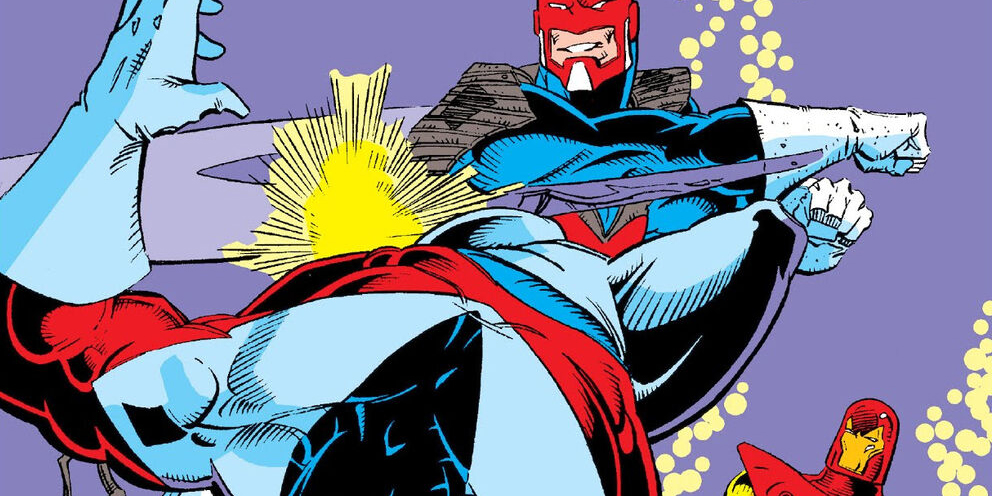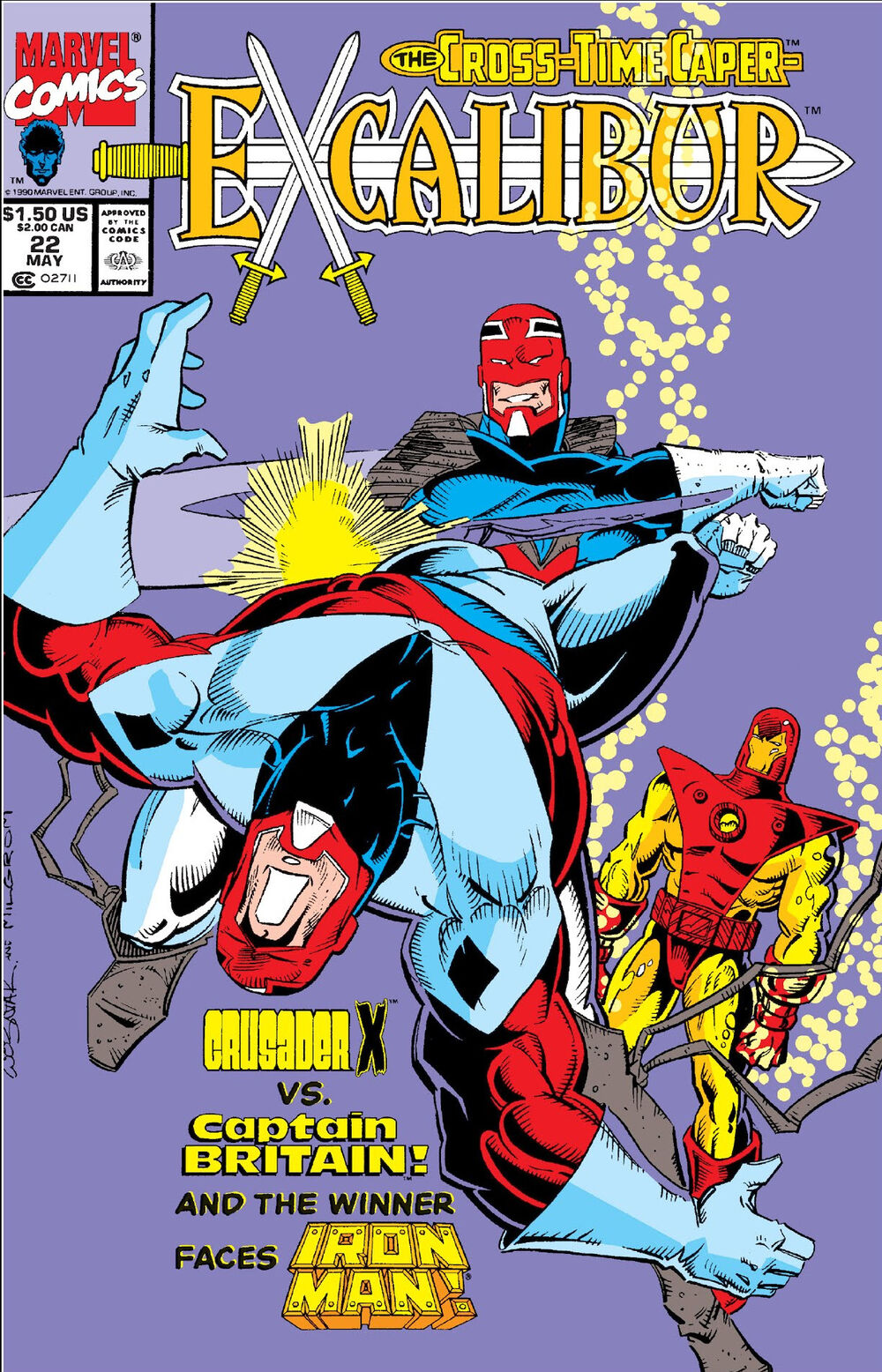Excalibur #22
“Shadows Triumphant?”
Writer: Chris Claremont
Pencils: Chris Wozniak
Inks: Al Milgrom
Colours: Bran Vancata
Editor: Terry Kavanagh
Original publication date: May 1990
Anna, Mav, and Andrew are joined by Dr. Safiyya Hosein, whose research focuses on representations of Muslim and Arab characters in superhero comics, to talk about those very things in Excalibur #22, “Shadows Triumphant?” When we’re not working our way through deeply problematic Orientalist stereotypes and caricatures related to supervillain Amahl Farouk/Shadow King, we’re doing a whole lotta griping about an issue where continuity, characterization, and cross-time capering all left something to be desired. Remember: we critique because we love. Specifically, we love well-crafted comics that don’t feature harmful stereotypes. And unfortunately—this ain’t one.
This episode has an enhanced video version! Watch here:

On continuity snafus:
“I’ve written thousands of words on Chris Claremont’s X-Men. This story doesn’t make sense. You cannot make the continuity work.” -Andrew
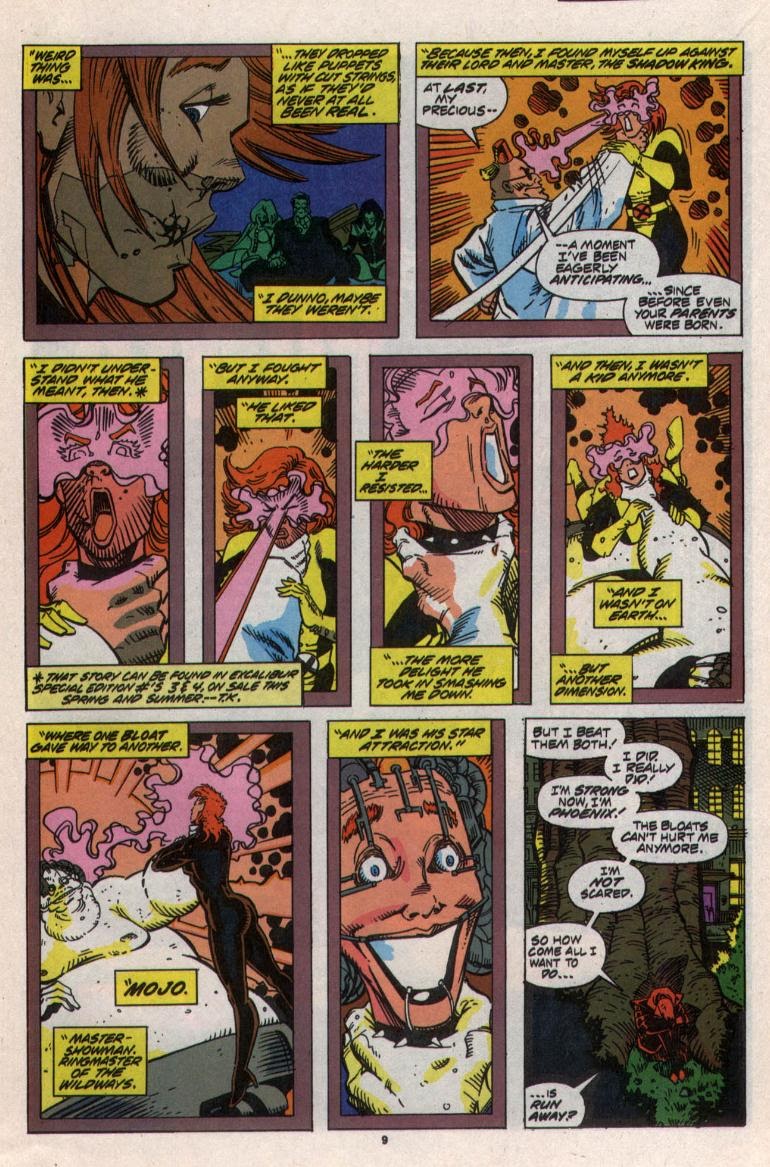
More on continuity snafus:
“As far as I can tell, Chris Claremont wrote a ‘What If?’ to a story that only exists in his head. I don’t think he would have gotten away with this sloppiness in the main X-Men title.” -Mav
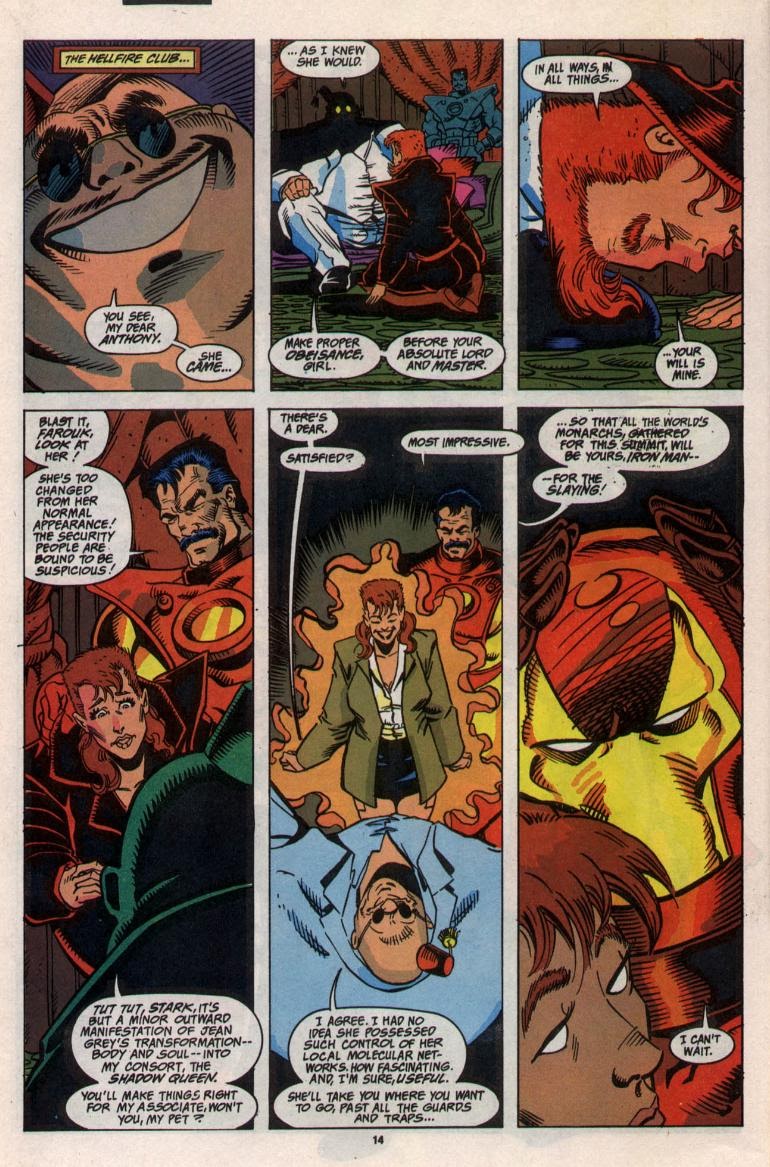
On the harm of Orientalist stereotypes:
“Personally, and through the audience studies I’ve done – I think it can be better to have no representation than bad representation. Kids aren’t going to look at a stereotyped portrayal and think ‘oh, I want to learn more about this culture.’ They’re just going to think ‘oh, these people are bad.’ And we’ve seen time and time again – the hate stereotypes nurture has real-world consequences.” -Safiyya
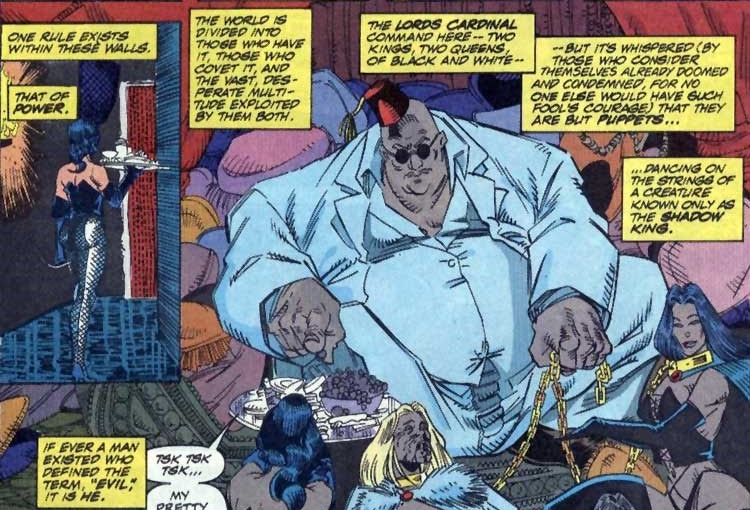
More Orientalism:
“There’s a really broad Orientalism here, where it’s a mix of many tropes related to different cultures. Conceptually if not visually, Shadow King is very similar to Fu Manchu – a shadowy hand of power with a harem of women, corrupting Western civilization through seductive infiltration.” -Anna
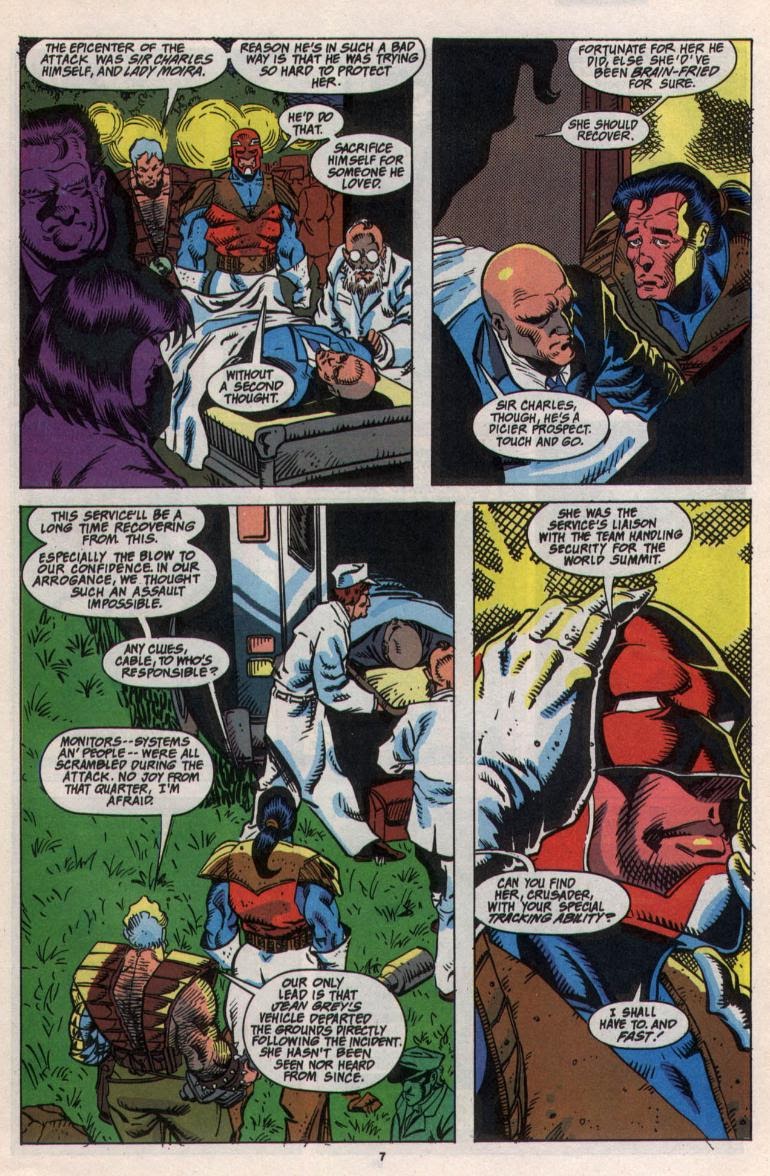
On missed opportunities, re: race bending:
“Race bending Brian is a very intriguing proposition given the imperialism bound up in the Captain Britain identity. I think they wanted him taking off his mask to read like the famous EC comic ‘Judgement Day.’ But between the plot and the images – the meaning was muddled.” -Anna
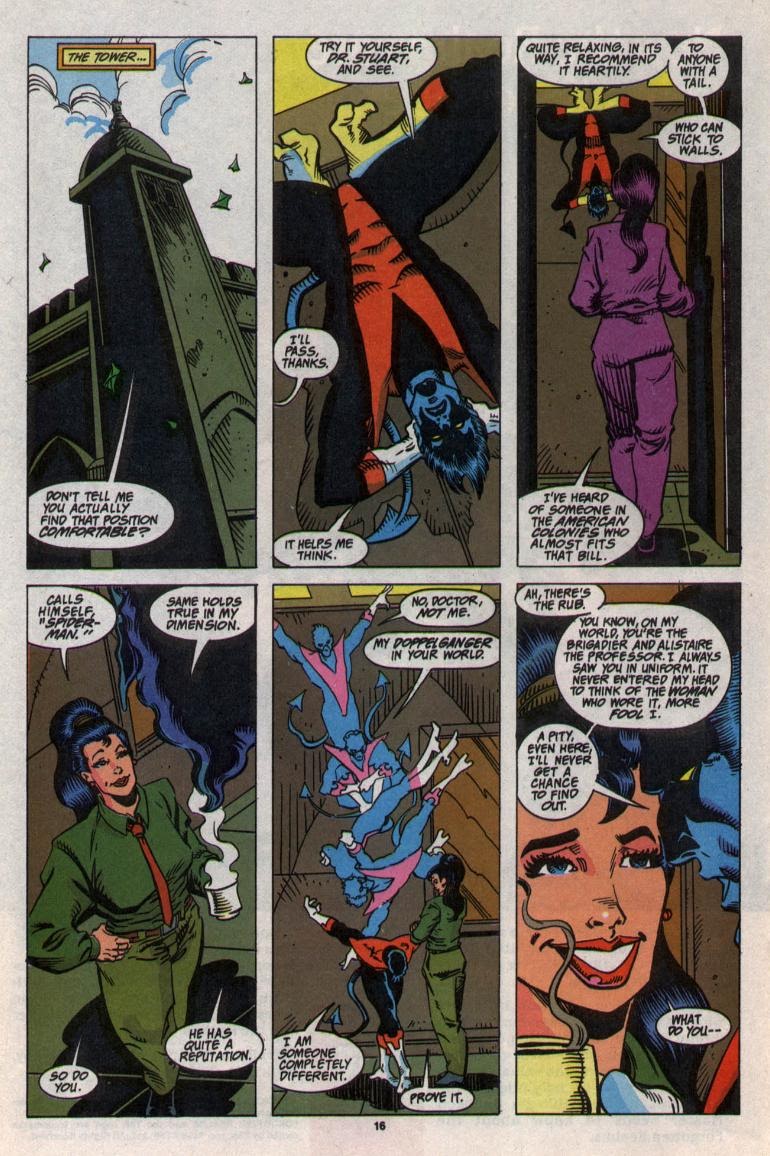
On Kurt and Alysande:
“I found this scene cringeworthy. The flirting felt ‘off,’ and creepy. Honestly, it was mortifying.” -Safiyya
“Usually, Kurt describes women as ‘damsels in distress’ and it gets undercut by the agency of the women he applies it to. Here, Alysande’s agency is completely absent. She barely has lines and when she looks at him, it’s with a blank-faced, doe-eyed expression – even after he kidnaps her.” -Anna
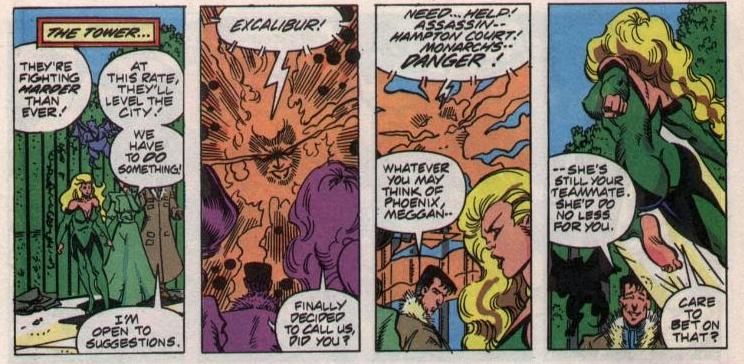
On out-of-character Meggan:
“I don’t know who this Meggan is. This is not the Meggan from Excalibur 1 through 19. Who is this person who hates Rachel all of a sudden? Meggan’s flaw is caring too much, and being too much of a pushover; this is the opposite of her.” -Mav
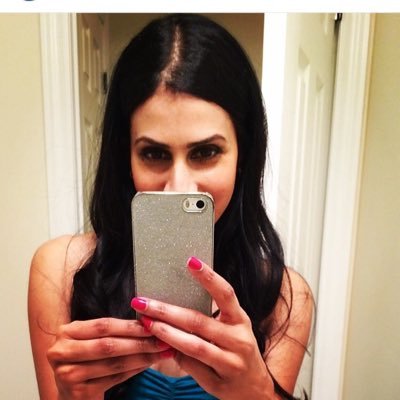
Want more Safiyya Hosein?
You can find her on Twitter (@safibelle30), and learn more about her work via her personal website.
You can also read her writing on The Conversation: “Marvel’s first on-screen Muslim superhero — Kamala Khan, Ms. Marvel’s alter-ego — inspires big hopes.”
And! Check out her comics on The Nib, where she’s written about “Muslim Grief and Identity After Christchurch.”
And as usual:
You can find Anna on Twitter (@peppard_anna) and on her podcast with Andrew and Michael Hancock, Three Panel Contrast (@3PanelContrast).
You can find Andrew on Twitter (@ClaremontRun).
You can find Mav on Twitter (@chrismaverick) and on his podcast, VoxPopcast (@VoxPopcast).
Enjoy!
-GGW Team

